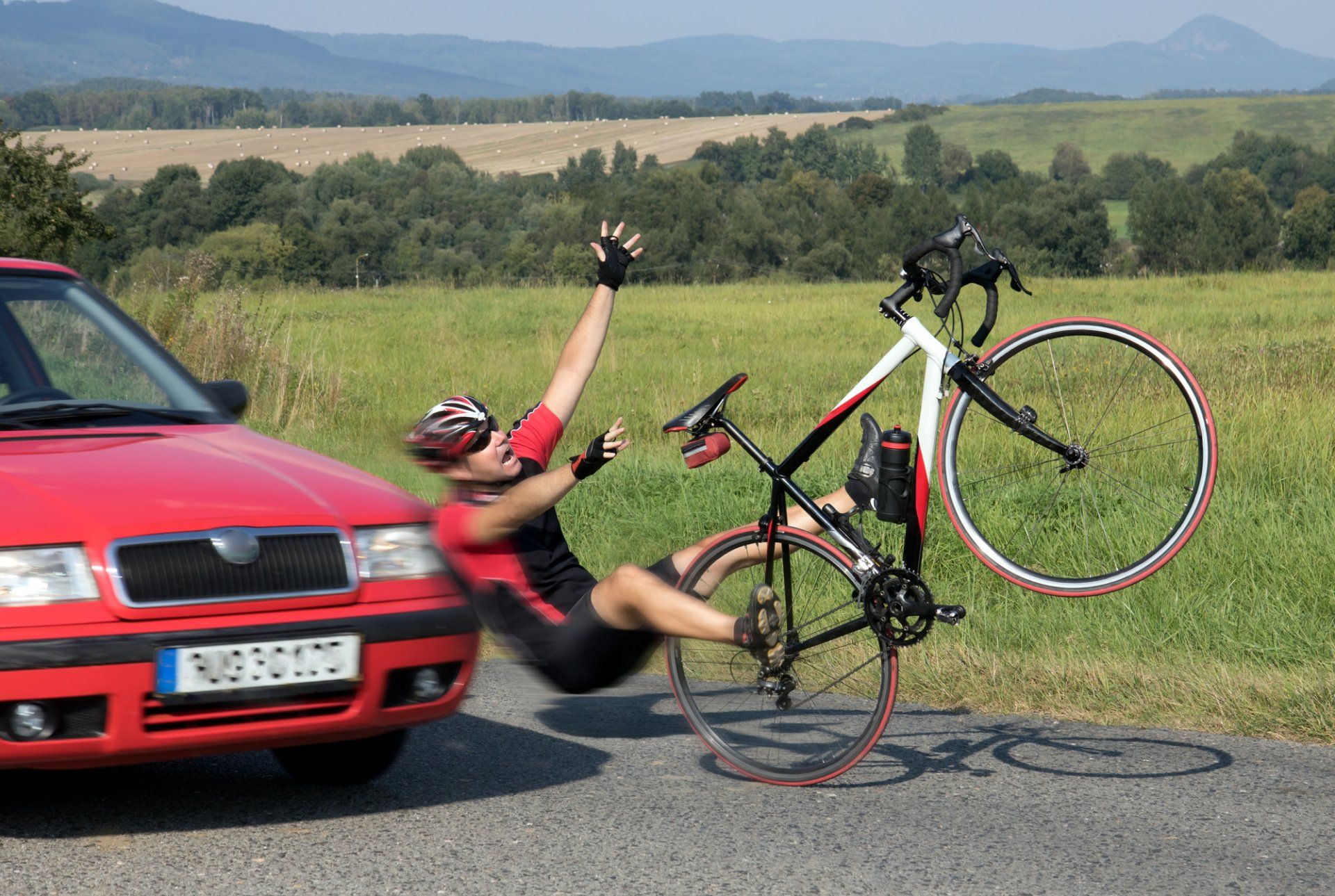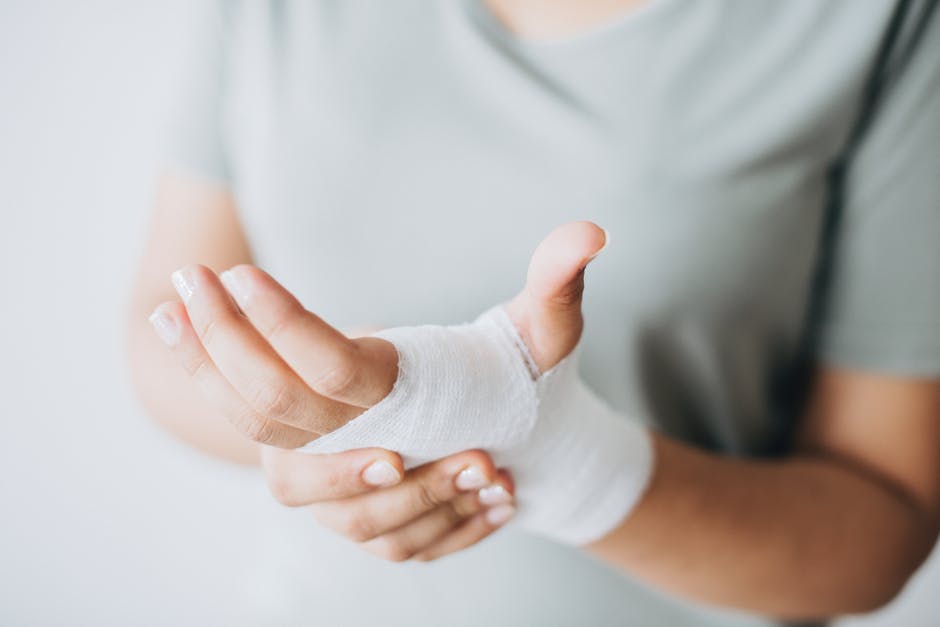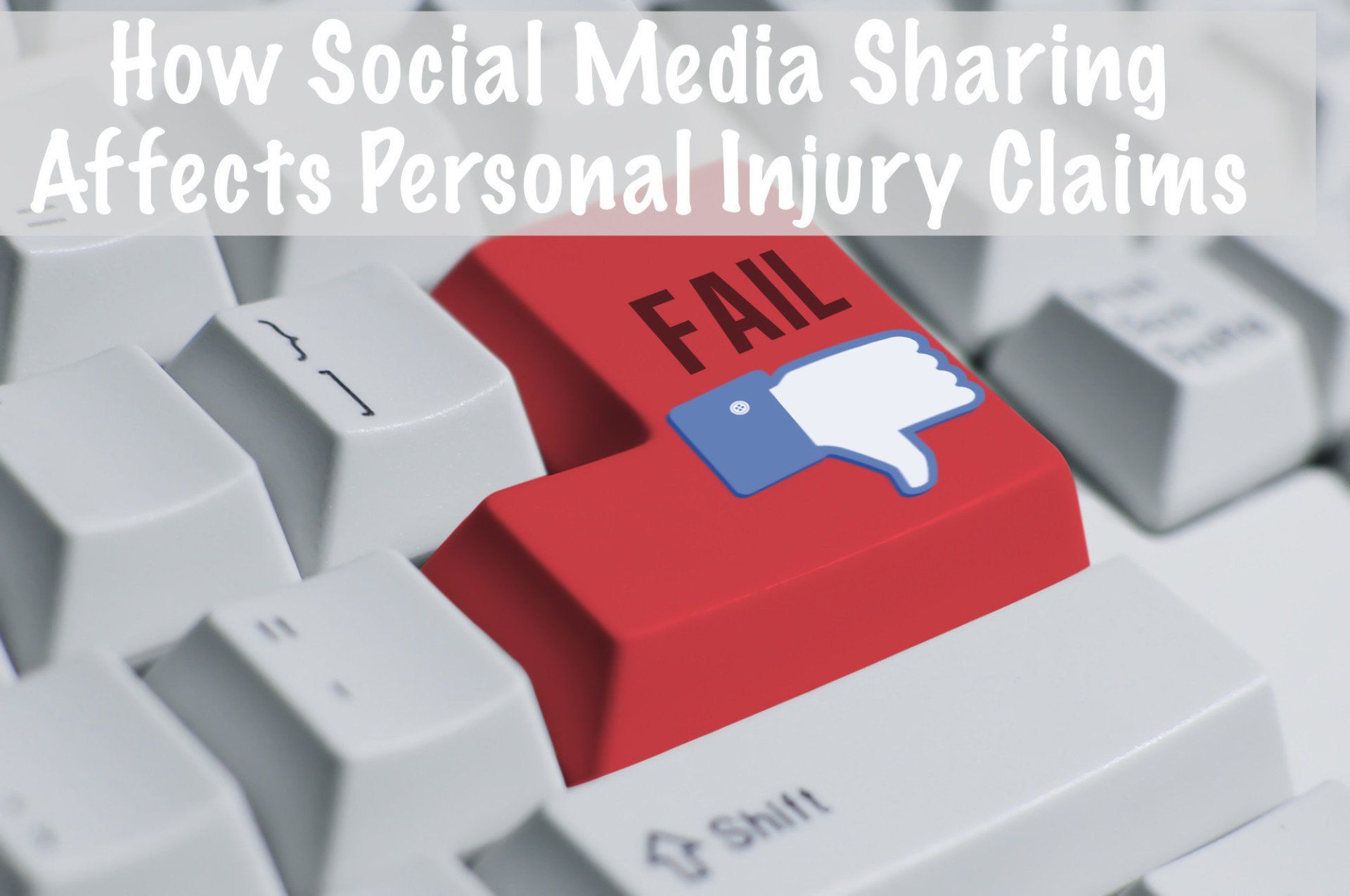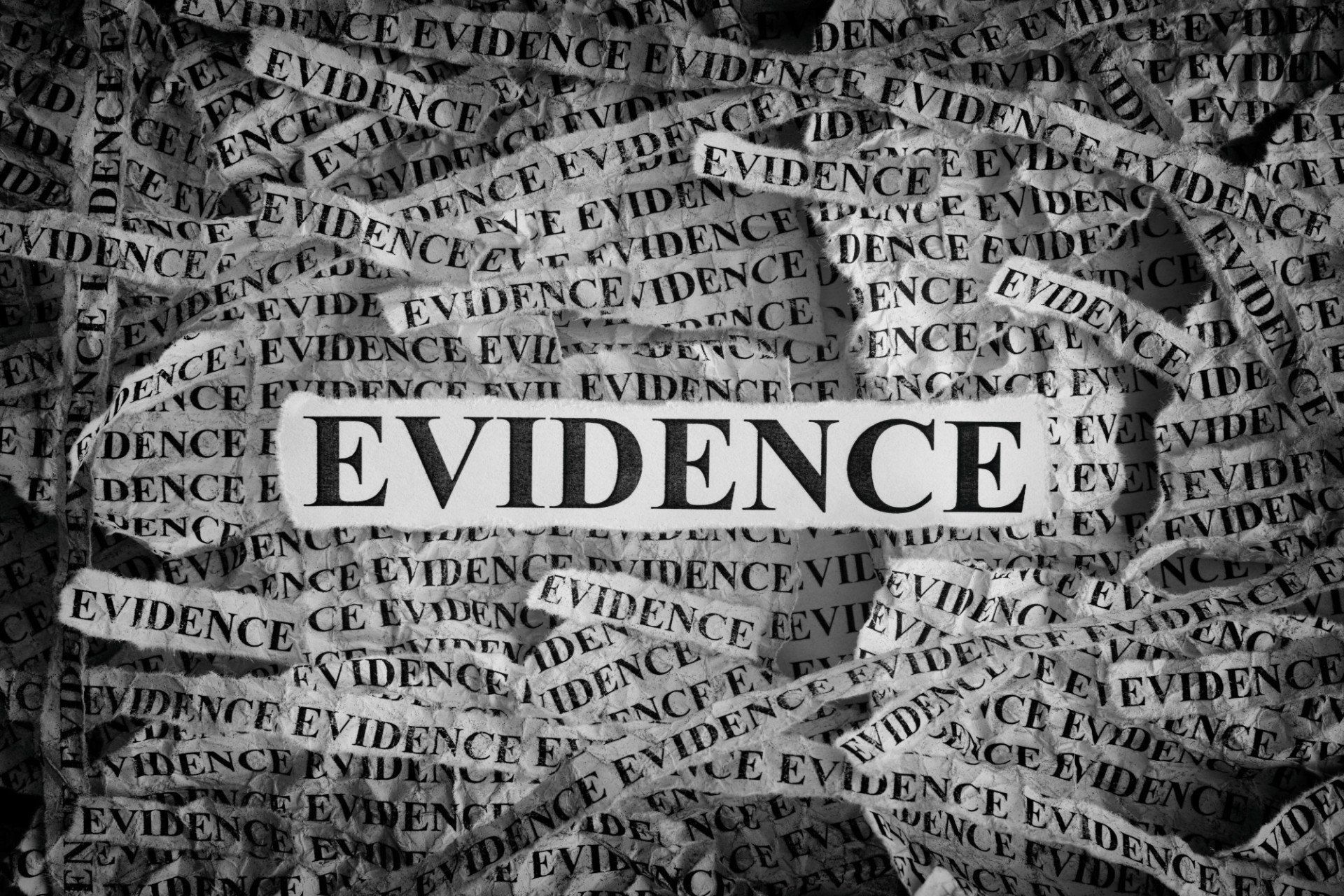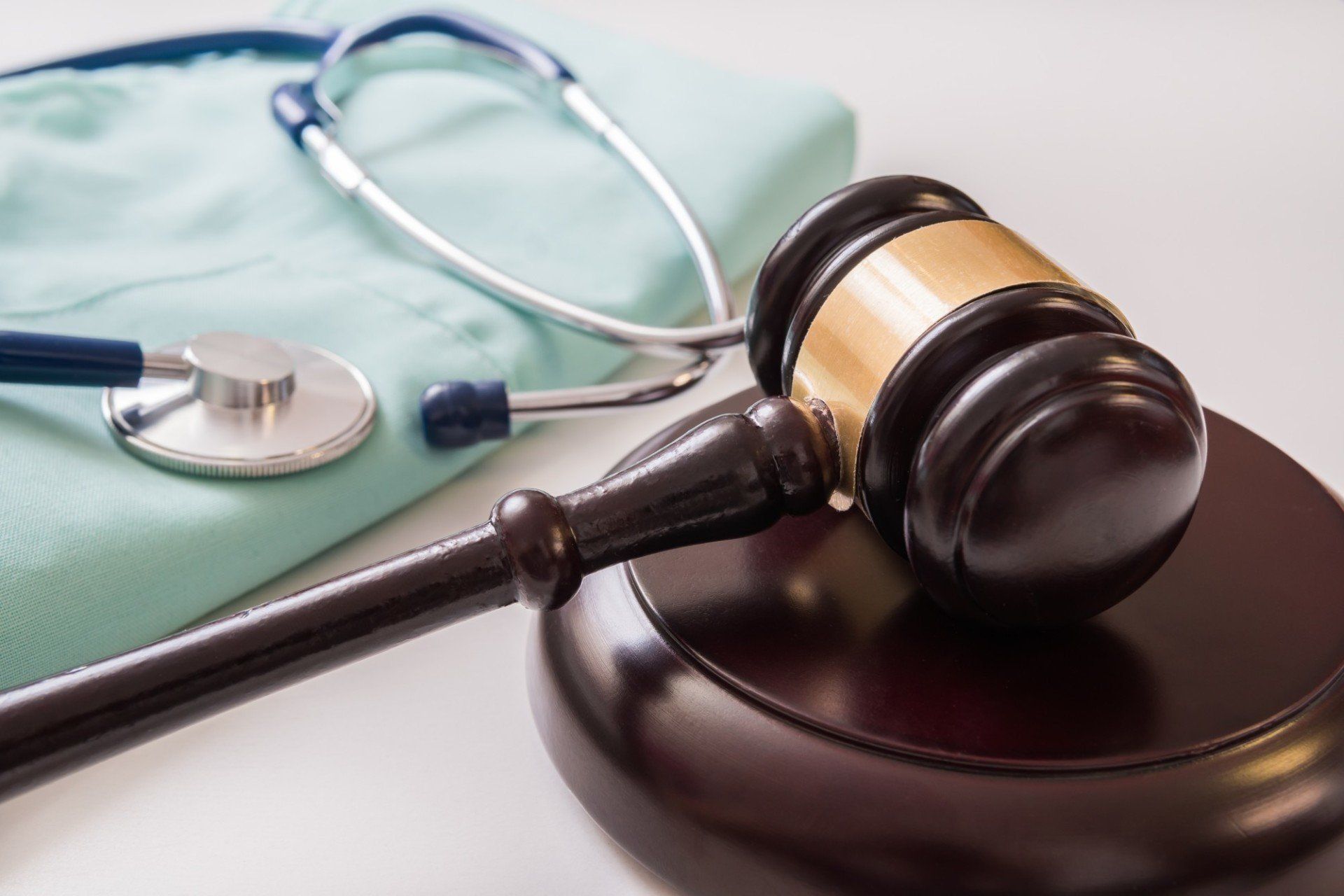7 Crucial Steps Bicyclists Should Take After Getting Hit By a Car
Bicyclists are always at risk for getting hit by a car. If you're involved in an incident, what are the steps you need to take to protect yourself? Read this article to know exactly what you need to do if you're in this situation.
Almost 70% of hit-and-run car crash fatalities in 2017 were pedestrians and cyclists. This number rises each year, as distracted driving is the cause of more accidents and deaths. The risk of getting hit by a car is increasing too.
Safety experts hope these fatality statistics serve as a wake-up call. Though bike trails are expanding, drivers often watch for cars, not bicycles. All should know the steps to take when we are in an accident.
But, many don't. Cyclists are some of the most vulnerable on the road, and getting clipped by a car can render serious injury.
Before you or someone you know gets on a bike, know what to do after getting hit by a car.
The Most Common Reasons Drivers Hit Cyclists
Keeping in mind that drivers are watching for car traffic, not bicycles. So these are common reasons they hit cyclists:
- Misjudging distance between you and their car
- Making a U-turn in front of you
- Creeping into bike lanes to avoid traffic jams
- Driving through crosswalks with bicyclists present
- Failure to stop before making a right turn
- Failure to yield to right-of-way
Keep in mind that the law counts a bicycle as it does any other vehicle on the road. They have no less a right of way than cars.
Do Not Leave the Scene After Getting Hit by a Car
Sometimes the injuries from an accident do not present right away. Many times symptoms of whiplash, for example, get worse in the following days.
The same is true when a driver knocks a cyclist to the ground, or worse. Some victims believe they have minor injuries, only to suffer intense pain later.
Move to Safety and Call the Police
Wait for law enforcement to make a report, and do not let the driver leave. If you are able, take pictures of the scene and any damages. If there are witnesses, get their contact information.
If the police suggest you get an ambulance, do it. Those who do not follow this important step have no recourse. This, as not-so-obvious injuries, appear later.
Get Medical Attention
If an ambulance is not necessary, make sure to see a physician. Injuries which include fractures and soft tissue damage are not visible. And they may need corrective measures.
Rehabilitation may be necessary. There may be weeks of medical attention ahead, and you don't want to be on your own to pay for them.
The driver's insurance policy includes payment for your medical treatments. Your treatment may exceed their policy limits. In this case, you may have recourse to get more money.
Learn Your Probability of Recovery
Immediate help with injuries is vital, but make sure you ask about long-term needs, too. In some cases, physicians may give only the best guess. But some injuries can prompt more definitive information.
Broken bones, fractures, or those needing surgery have a step-by-step prognosis. Your doctor can outline them for you.
Your recovery may take weeks or months. If you lose time from work or other activities, you should be aware of this early on. This way, you can make a plan for such things as short-term disability or other compensation.
Call the Driver's Insurance Company
The driver may not file a claim, so it is vital for you to do this. Reporting the incident does not take much time, and this is what you will provide:
- Date of accident
- Driver's information
- Your contact information
- Police report if available
- Pictures if available
- Witness contact information
The claims professional will gather as much information as possible for two reasons: they need to assign fault and determine coverage amounts.
Chances are, they'll want you to give them a statement as soon as possible. They will also need the driver's account.
At this step, it's essential to provide the facts, but nothing else.
Do Not Make Lengthy Statements
Claims professionals will often get a statement from the driver. They will interview victims, witnesses, and read police reports.
In their urgency to close the claim, they will want to check the blocks as soon as possible. If you are the victim in an accident, they will contact you after speaking with the other individuals.
In some cases, recordings of the interviews are necessary. Often, they suspect there will be litigation. Keep in mind insurance companies are in business to pay as little as possible.
And they have general counsel to ensure they protect their rights. Before you agree to make any statements on record, check with legal counsel.
You may have no idea the evidence they have, and this puts you in a vulnerable position.
Call an Attorney
One of the most confounding elements of an insurance policy is that it's a legal contract. Most have a hard time understanding their coverage, much less someone else's.
It is a binding document, and few know their rights when limits are at question. For example, coverage for pain and suffering is only available through litigation.
An attorney can provide the services necessary to guard a victim's rights. In most cases, a fair settlement will prevent a trial.
Accident victims without representation may have little chance of getting what's fair, and little knowledge on what a reasonable amount would be.
We Make It Easier
After getting hit by a car, dealing with an insurance claim takes patience. Anyone dealing with injuries knows life isn't the same.
Pain takes a toll on victims and their families, too. We can take charge of a claim and deal with the insurance company.
Then, victims can work on getting better. Contact us here.

